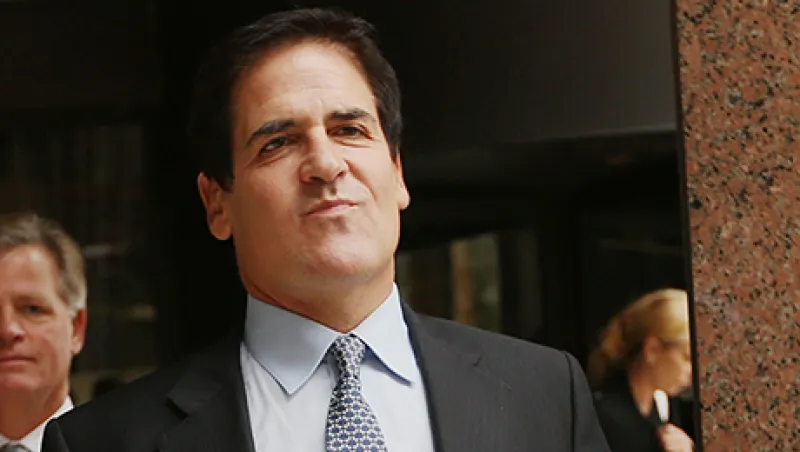
Mark Cuban Steps Up War Against Insider Trading Crackdown
The billionaire Dallas Mavericks owner has argued that banning the practice does nothing to improve market efficiency and fairness.
Aaron Timms
March 19, 2015



